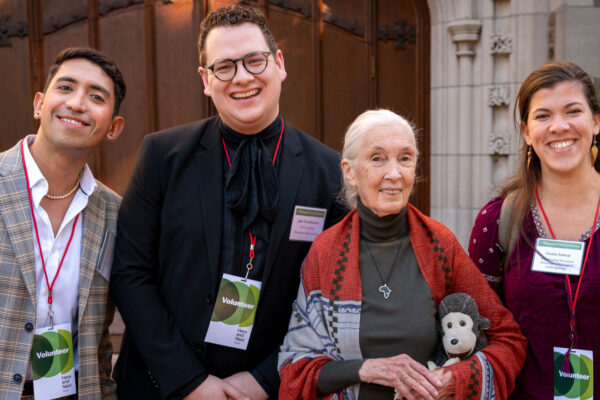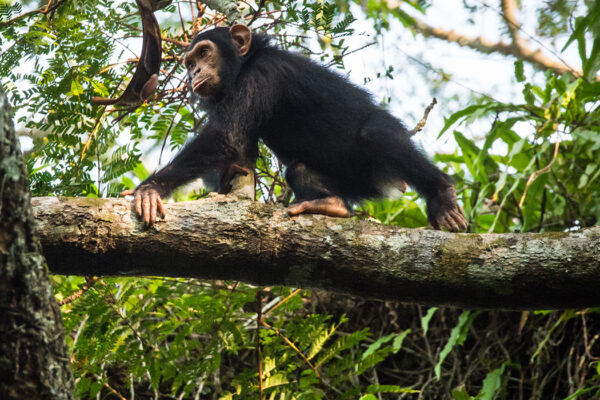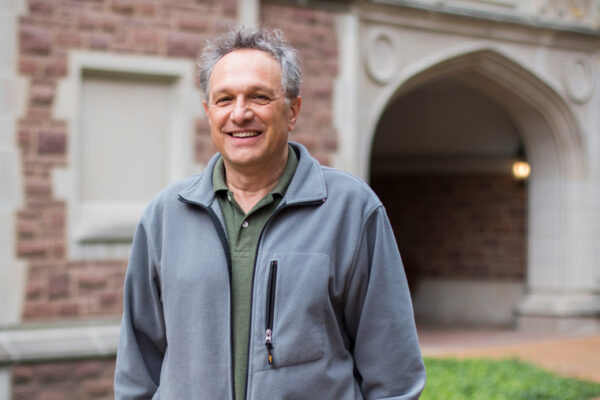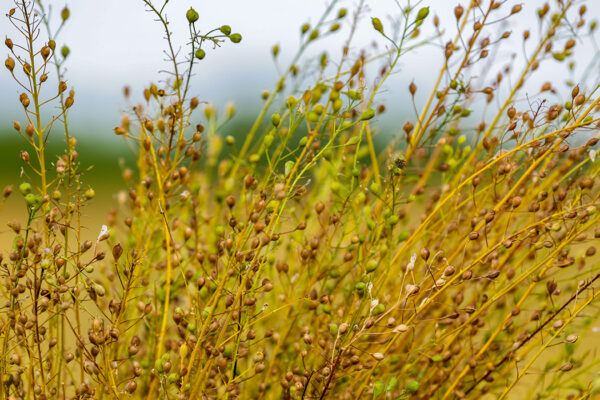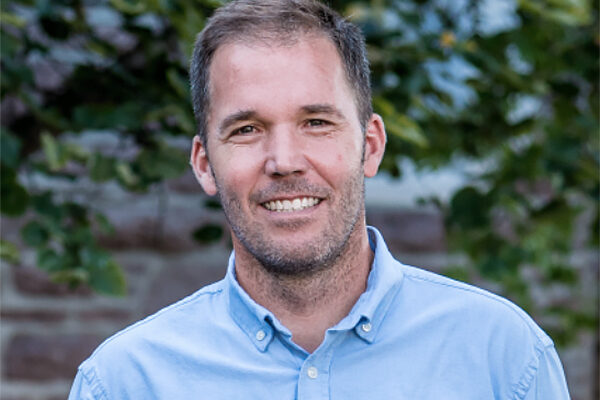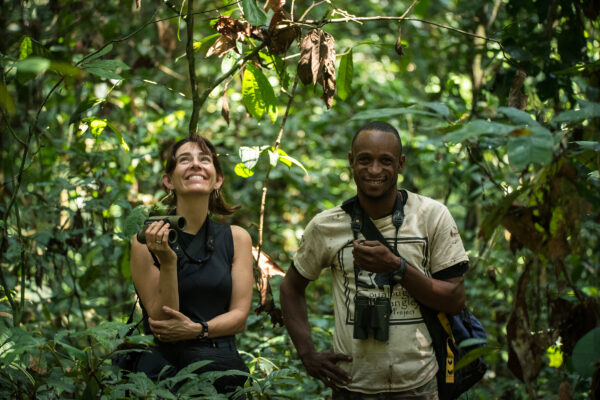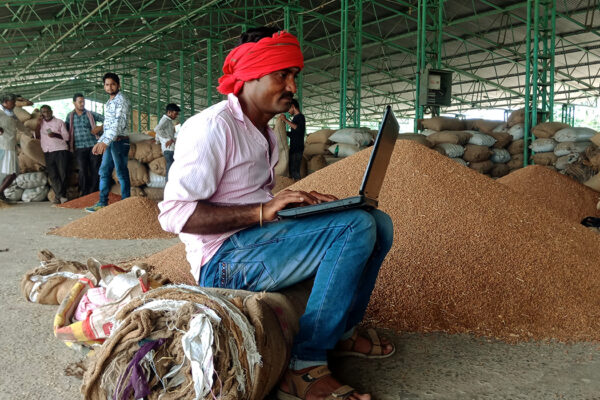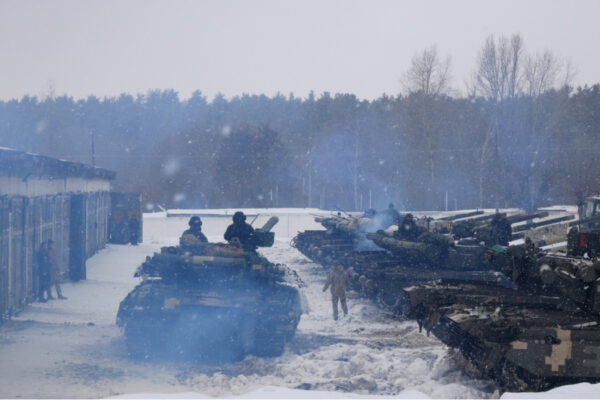Inspiring hope through action
Jane Goodall made St. Louis — and Graham Chapel — a stop on her national tour to share her ‘tenacious authenticity’ and empower us to work together on behalf of our planet.
Study reports first evidence of social relationships between chimpanzees, gorillas
Drawn from more than 20 years of observations at Nouabalé-Ndoki National Park in the Republic of Congo, a long-term study led by primatologist Crickette Sanz in Arts & Sciences documented social ties between individual chimpanzees and gorillas that persisted over years and across different contexts.
Boyer to study ‘wild religions’
Sociocultural anthropologist Pascal Boyer, in Arts & Sciences, received a $2 million grant from the Templeton Religion Trust to examine historical and modern religious customs that fall outside of institutionalized religion.
Bey to study pre-Hispanic Andean culture
Bridget Bey, a graduate student in archaeology in Arts & Sciences, won a $20,000 grant from the Wenner-Gren Foundation for Anthropological Research to study late pre-Hispanic Andean culture.
Study points to Armenian origins of ancient crop with aviation biofuel potential
Camelina, an oilseed plant grown in modern-day Ukraine, may have been a more important and widespread crop than previously thought, according to collaborators from anthropology and biology in Arts & Sciences at Washington University in St. Louis. Their findings could inform breeding programs to improve this crop for biofuels applications.
Strait to study hominin locomotor anatomy
David Strait and Yeganeh Sekhavati, both in Arts & Sciences, won a $26,037 grant from the National Science Foundation to support doctoral dissertation research.
Gustafson receives Bryce Wood Book Award
The 2020 book “Bolivia in the Age of Gas” explores how the struggle over natural gas has reshaped Bolivia. The work by Bret Gustafson, in Arts & Sciences, won the 2022 Bryce Wood Book Award from the Latin American Studies Association.
From the Congo to the carpool
As a world-class anthropologist who has made it her life’s work to study primate sociality, Crickette Sanz knows firsthand how important it is to forge strong social connections to help her achieve work/life balance.
Big data arrives on the farm
Precision agriculture is beginning to shape the strategies and choices of farmers around the world, according to a new analysis by Glenn Stone, professor of anthropology and of environmental studies in Arts & Sciences.
Putin is using ‘victim’ narrative to justify Ukraine attack
James Wertsch, an expert on Russia and international affairs, analyzes Vladimir Putin’s motivation in attacking Ukraine. He says that Putin sees Russia’s mission as aiming to triumph over democracy and encourage the rise of Christian fascism everywhere.
Older Stories
